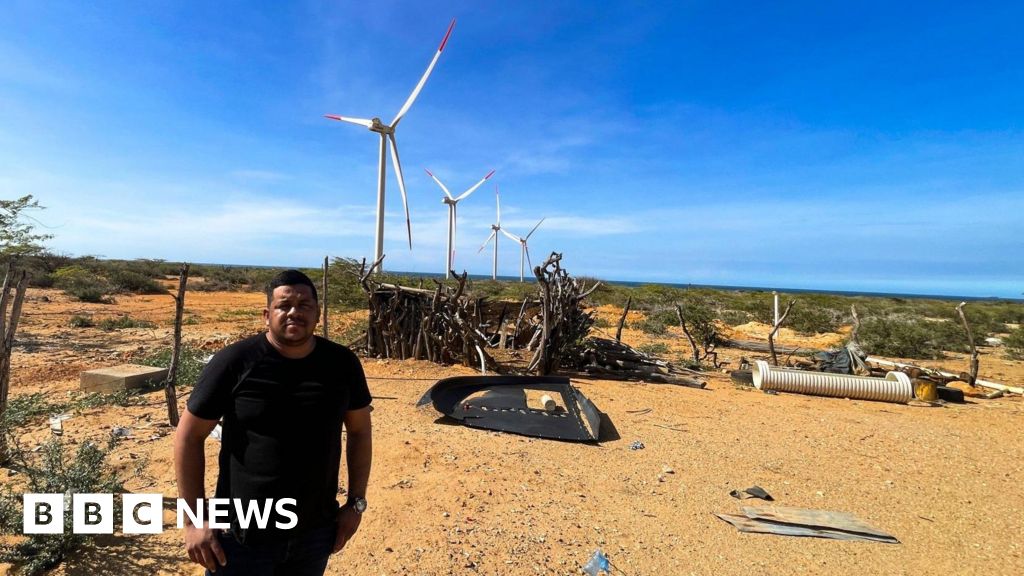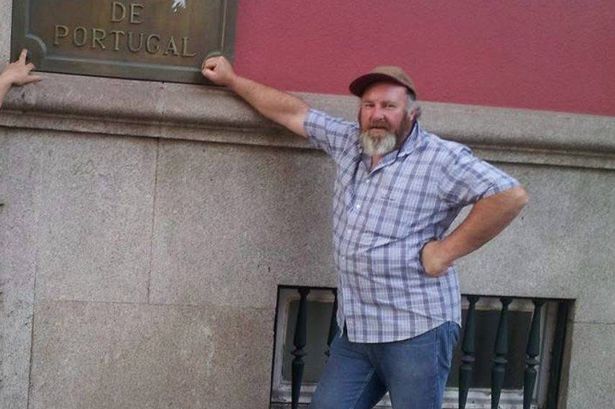Colombia's wind farms bring promise and pain for indigenous group

Colombia’s Wind Farms Bring Promise and Pain for Indigenous Group
In Colombia’s quest to leverage renewable energy sources, wind farms have become a beacon of hope, promising a future of sustainable energy. However, this vision of progress has brought a measure of pain and discontent to the indigenous Wayuu community, who now find themselves grappling with the unforeseen consequences of the country’s green revolution.
Colombia, a nation rich in wind and solar resources, has been amplifying its efforts to harness these renewable resources. The government’s commitment to reduce carbon emissions by 51% by 2030 has given impetus to the rapid growth of wind farms across the country. Yet, for the Wayuu people, the largest indigenous group in Colombia who inhabit the wind-swept Guajira Peninsula, the wind energy boom is a double-edged sword.
The wind farms, constructed on ancestral lands, have disrupted the traditional lifestyle of the Wayuu people. Despite the promise of clean energy and potential economic growth, the Wayuu community expresses concerns about the impact of these projects on their cultural heritage, their lands, and their livelihood.
“The wind farms have taken over our lands, our hunting grounds,” said Amado Villafana, a Wayuu leader. “We appreciate the need for renewable energy, but not at the cost of our way of life.”
The Wayuu, who depend on farming and fishing for their survival, have been particularly affected by the construction of the Jepírachi Wind Farm. The project, a joint venture between the Colombian government and a private company, has led to a decrease in the availability of fish and game in the area, threatening the food security of the Wayuu community.
Moreover, there are socio-cultural implications that have arisen from these projects. The Wayuu hold a deep spiritual connection with the land, viewing the wind as a sacred entity. The construction of wind turbines on their ancestral lands has not only physically altered the landscape but also disrupted their spiritual connection to the environment.
In response to these concerns, the Colombian government and the companies involved in wind energy projects have assured that they are committed to minimizing the impact on indigenous communities. They have emphasized the creation of job opportunities and infrastructure improvements linked to these projects.
“We understand the concerns of the Wayuu community, and we are committed to working with them to address these issues,” said Carlos Alberto Vargas, Colombia’s Vice Minister of Energy. “We are also focused on ensuring that the benefits of these projects, such as job creation and infrastructure development, reach the local communities.”
Despite these assurances, many Wayuu people remain skeptical. They call for greater transparency in the planning and execution of these projects and demand a more significant role in decision-making processes affecting their lands.
The situation in Colombia mirrors a global trend, as nations strive to balance the urgent need for renewable energy with the rights and livelihoods of indigenous communities. As countries around the world pivot towards green energy, the issue of land rights and cultural preservation for indigenous communities is fast becoming a critical factor in the global climate change discourse.
The Colombian experience underscores the importance of a participatory approach in renewable energy projects, where all stakeholders, including indigenous communities, are actively involved in decision-making processes. Only then can the promise of renewable energy truly be realized without inflicting undue pain on those who have historically been custodians of our planet.
Colombia’s journey towards sustainable energy is a vital step in the fight against climate change. However, this transition must not overlook the rights and voices of those most closely connected to the land. As the wind farms of Colombia continue to multiply, the hope is that they will bring not only clean energy but also social justice and respect for cultural heritage.








